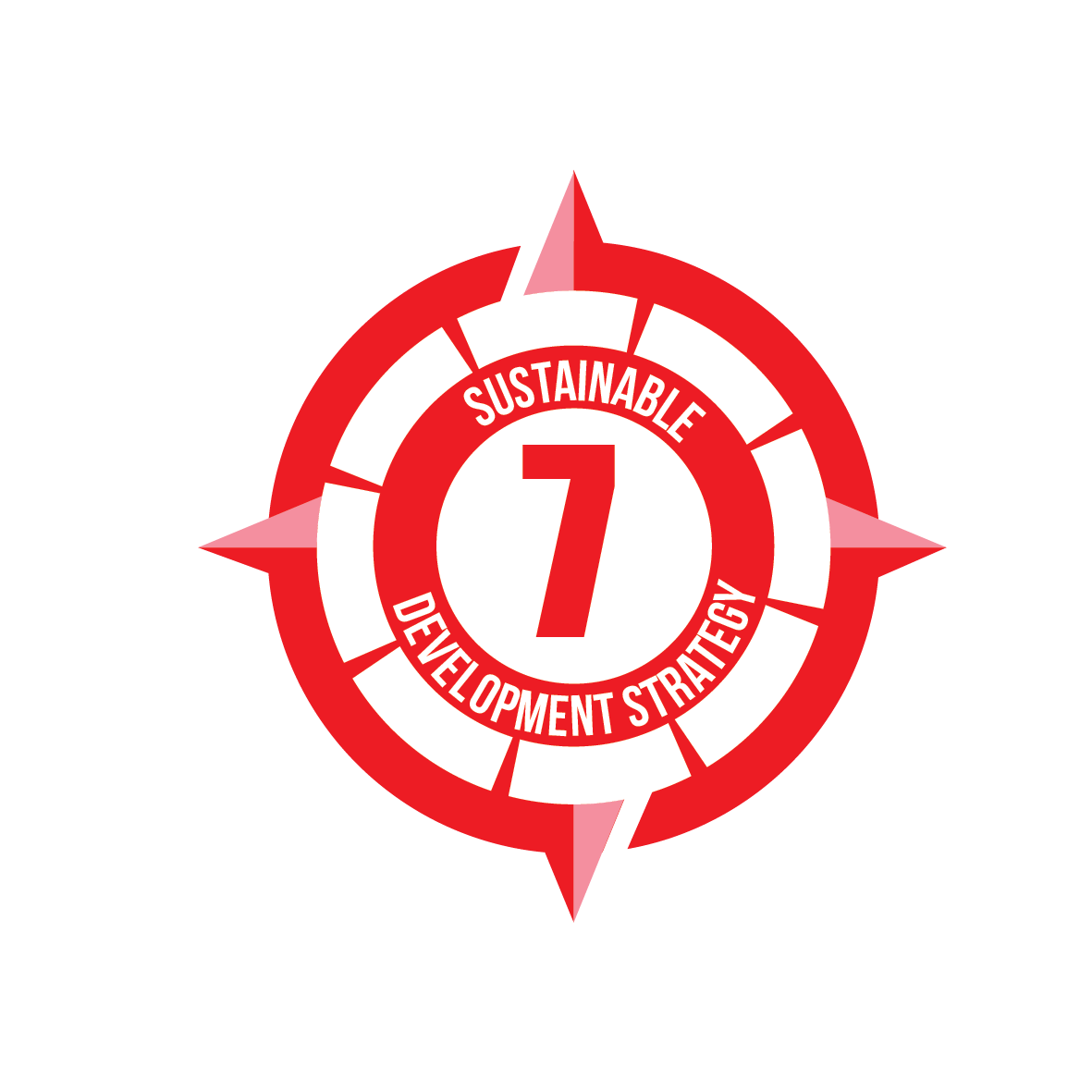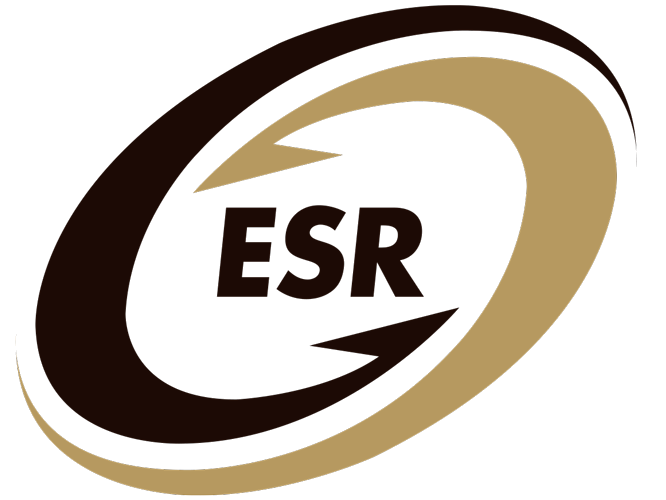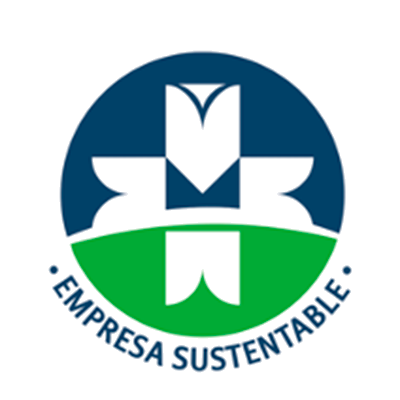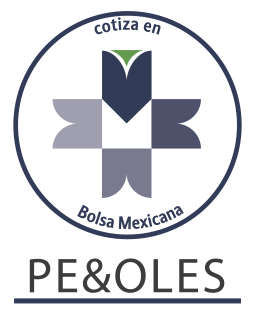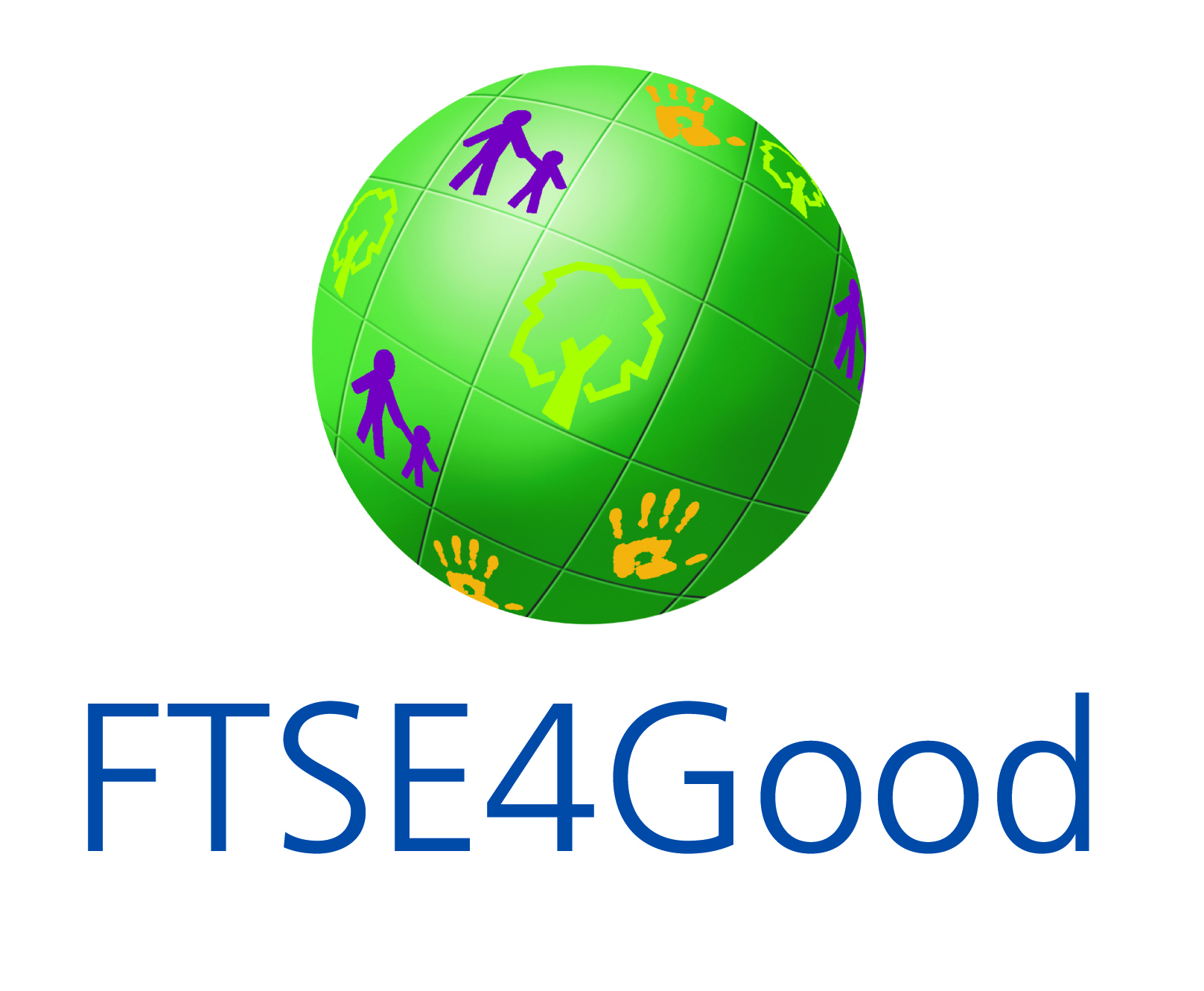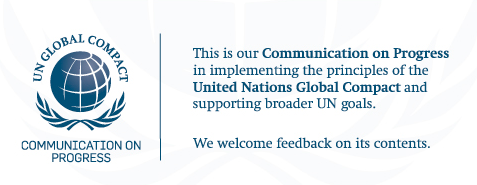102-18
In support of its corporate governance structure, Peñoles has a Corporate Integrity Manual, which along with the Code of Conduct is available to the public at www.penoles.com.mx.
The Corporate Integrity Manual covers aspects such as prevention, compliance, oversight and accountability, for the purpose of avoiding acts stemming from administrative failures (e.g. collusion, conflicts of interest, influence-peddling, corruption and others). It applies to all employees in their relations with outside parties, particularly public agencies and government employees, in keeping with articles 24 and 25 of the General Law on Administrative Responsibilities and best corporate practices applicable to Peñoles.
The Corporate Integrity Manual also explains the corporate vision, mission and corporate values, has general notes on the organizational structure, the corporate leadership scheme, training and communication programs and mechanisms for evaluation, verification and follow-up in complying with internal and external regulations applicable to the group’s companies.
For more information about Peñoles corporate governance, see our 2020 Annual Report, available on our website at www.penoles.com.mx, Corporate governance section.


